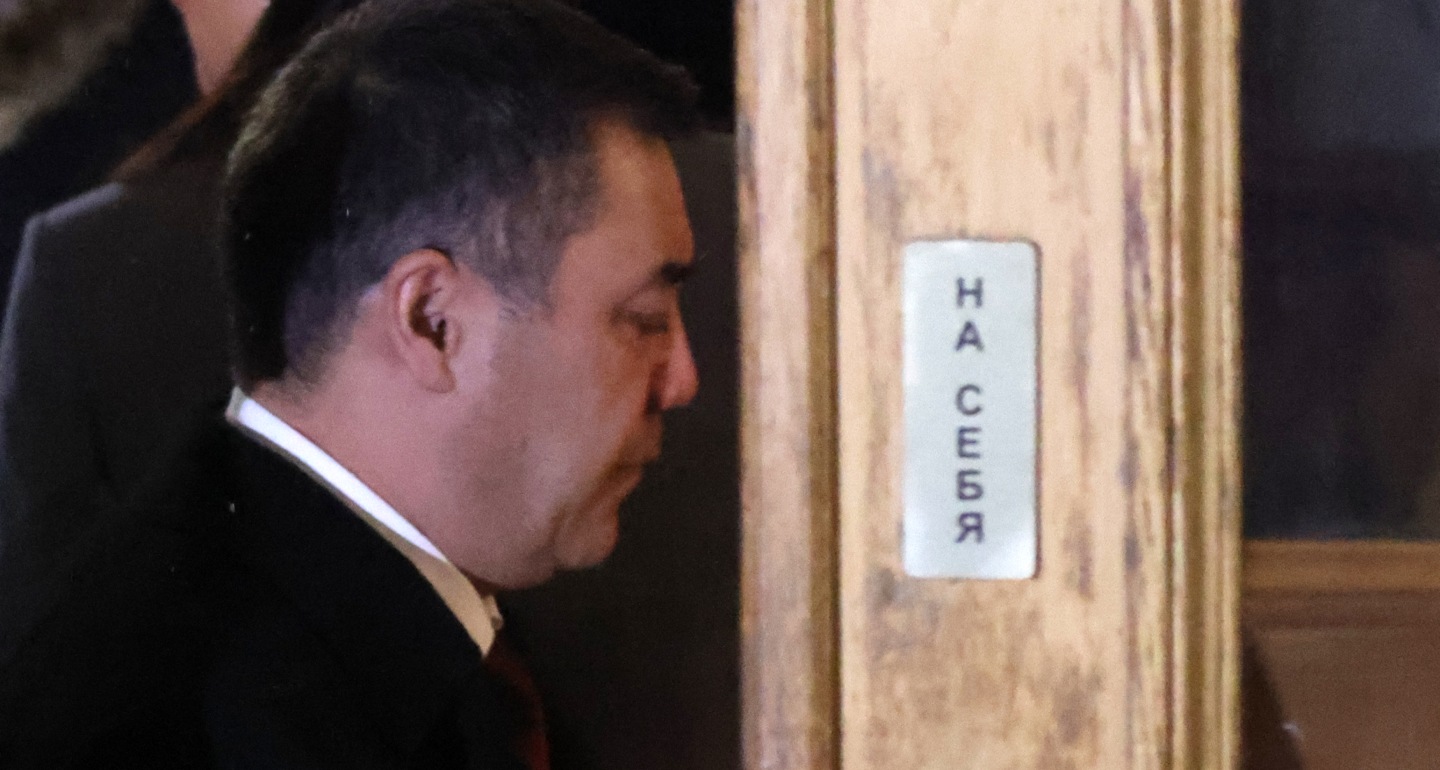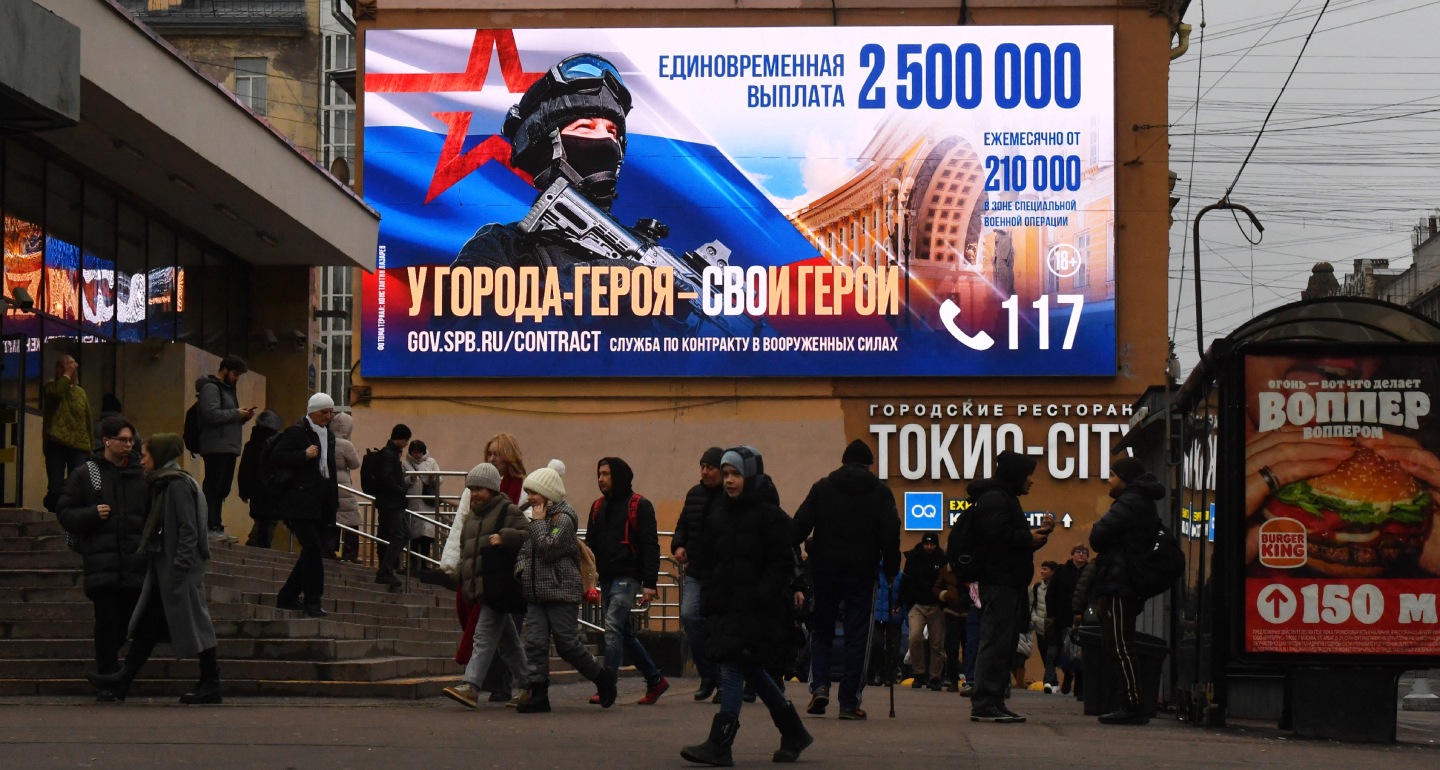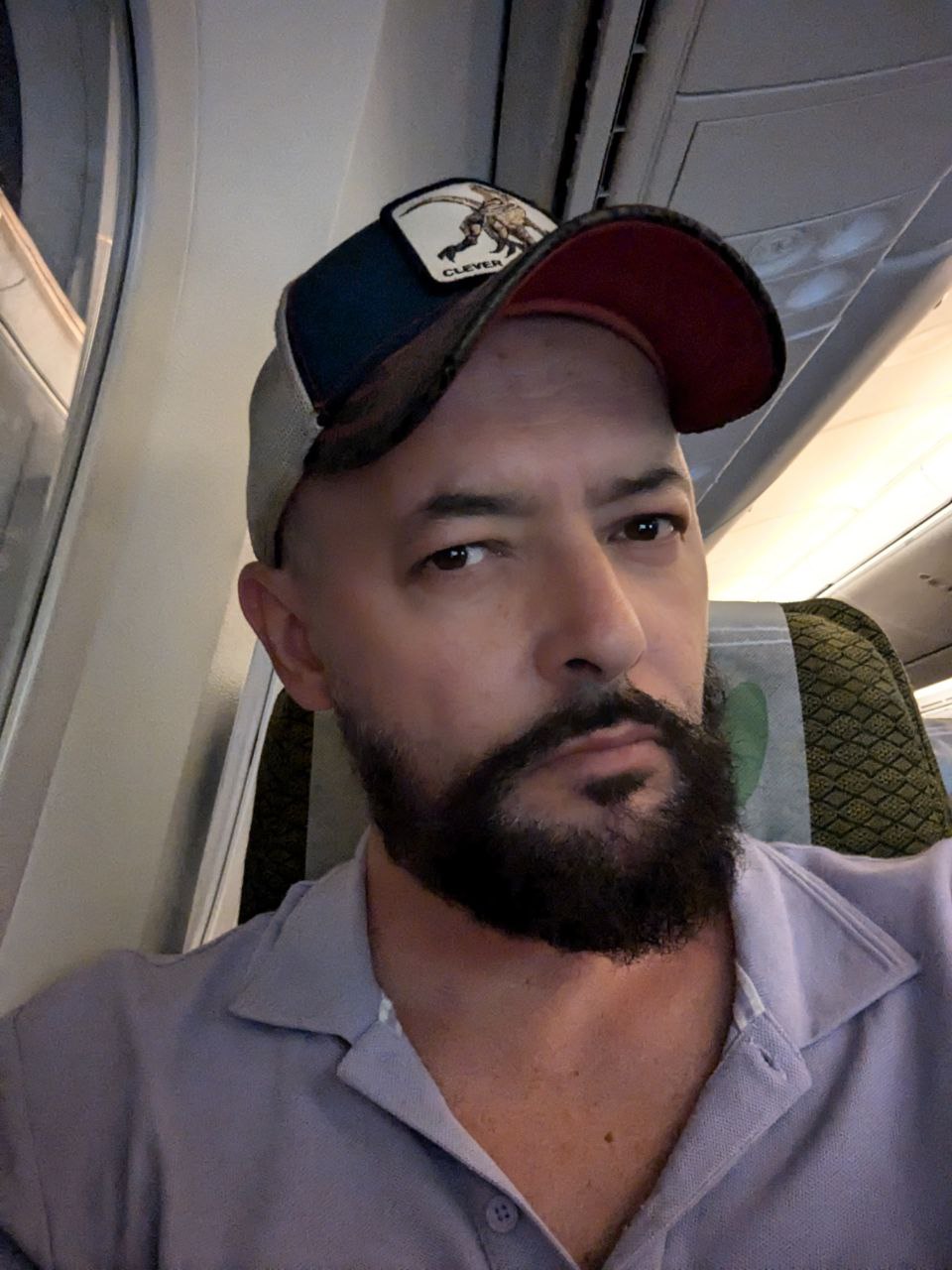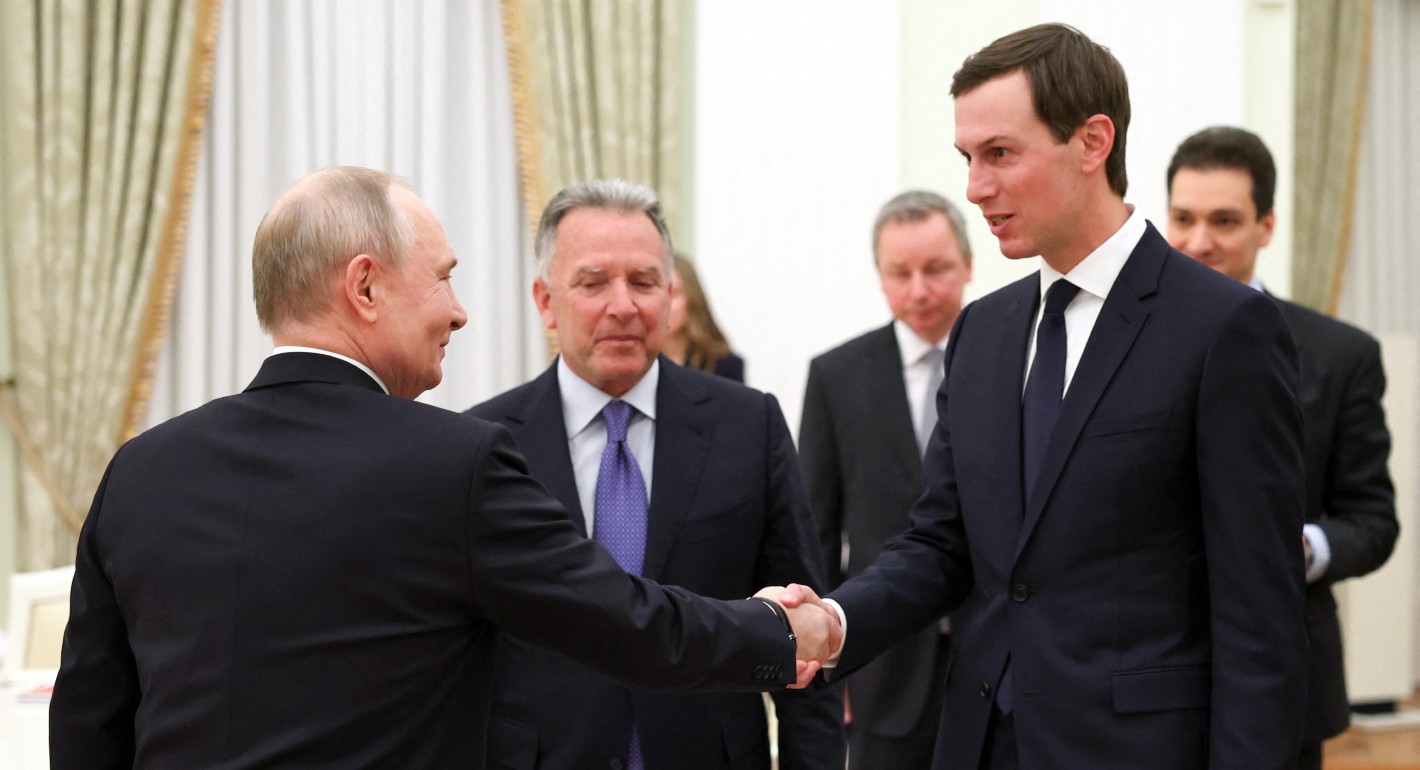Mr. Chairman,
I would like to thank you for this opportunity to speak on the important topic of the retreat of democracy in Russia. Russia in the 1990s was not a full democracy, but it was a much freer society than Russia today, while its economy has developed very positively since then. The retreat of democracy in Russia is nothing that has been forced upon President Vladimir Putin but an intentional result of his. Therefore, I shall discuss how his regime has evolved. In particular, I shall focus on major events of the last year and what they tell us about the nature of Mr. Putin’s regime. Finally, I shall discuss the potential impact of the changes in Russia on the future of the U.S.-Russia relationship.
The Evolution of President Putin’s Regime
Overtly, Russia’s President Vladimir Putin appears to have undergone a remarkable transformation between his first and second term. By and large, he was highly successful during his first term. The country enjoyed political and economic stability, and the economy grew by a solid annual average of 6.5 percent. The country carried out reforms on a broad front.
It appeared as if President Putin was steered by four major aims:
- Political control;
- High economic growth of 7-8 percent a year attained through market economic reforms;
- Rule of law through judicial reform; and
- Realist foreign policy enhancing Russia’s international standing at little cost.
During his first term, President Putin was highly successful in achieving these goals.
Yet, the black marks were by no means absent. Putin had risen to power on a ruthless war in Chechnya, and his first term saw ever worse terrorist attacks, against which his government stood helpless Another negative was a steady reduction of democratic freedom of rights. Independent media were reined in or taken over. Frequent regional elections were increasingly tampered with. State power was ever more centralized to the President.
There was an obvious contradiction between President Putin’s first goal of political control and his other objectives, but his concentration of political power was so gradual that the contradiction was not all too striking. In fact, policymaking from 2000 till 2003 was conditioned on a balance of power between the Yeltsin-era big businessmen and Putin’s rising friends from the KGB in St. Petersburg. As a result, a small group of liberal reformers, such as Minister of Economy German Gref and Minister of Finance Alexei Kudrin, tended to exert inordinate influence, although they had no independent power base. An avid reader of opinion polls, President Putin tried enigmatically to be everything to all voters. The outcome was an excellent and comprehensive reform wave, improving the economy and the judicial system. In particular, a new tax code was adopted, introducing a flat personal income tax of 13 percent, and the new Land Code sanctified private ownership of land.
Thanks to his many policy successes, President Putin became genuinely very popular. He exploited his attainments to reinforce his personal power, and in the parliamentary elections in December 2003 his United Russia party won a majority of two-thirds of the seats. President Putin won the Presidential elections in March 2004 with no less than 71 percent of the votes cast in elections that were deemed free but not fair by the Organization for Security and Cooperation in Europe (OSCE). After having been a bit of everything to everybody, he had now consolidated his power to do what he really wanted to do.
Four Monumental Failures
The last year has seen four monumental policy failures by the Putin regime. They reflect the inadequacy of the new system President Putin has built so meticulously. The first big policy failure was the Yukos affair. On October 25, 2003, Mikhail Khodorkovsky, the richest man in Russia and Chief Executive Officer of Yukos Oil Company, was arrested. The motives of his arrest appear to have been two. First, President Putin wanted to further enhance his political control, by arresting the richest oligarch. Second, various interests around Mr. Putin aspired to seize Yukos assets. The immediate effect was that Mr. Putin’s political system changed. The balance between oligarchs and KGB officers ceased instantly, because the other oligarchs heeded the warning and largely withdrew from political activities. Rather than being the arbiter between two powerful groups and thus representing the population at large, Putin instantly became the representative only of a small group of KGB officers from St. Petersburg, minimizing his power base.
Yukos appears to have utilized loopholes in the tax legislation, but biased tax authorities and courts have levied an incredible total of $28 billion in additional taxes and penalties on the company, forcing it into bankruptcy. Thus, Russia’s progressive tax reform has been rendered a joke. The judiciary has delivered the judgments that the Kremlin has required, effectively jeopardizing also the substantial judiciary reform. The Yukos affair has been long and sordid. At each turn, the worst possible option has been chosen by the authorities. In the end, President Putin has let Yukos be confiscated through arbitrary taxation and kangaroo courts. Characteristically, Mr. Putin has not made any concession whatsoever at any stage.
The second scandal was the hostage drama in Beslan. On September 1, 2004, a group of terrorists seized a school in Beslan in Nothern Ossetia in Russian Northern Caucasus. Russia’s foremost special forces were sent to Beslan, but they were given neither ammunition nor body armor, battle plans or operative command. At no time was the school cordoned off. The Chairman of the Federal Security Service (FSB) and the Minister of Interior arrived in Beslan soon after the siege started, but they just hid, doing nothing in public. The two regional governors concerned refused to go there and did nothing. In fact, nobody from the government did anything. Putin and his government just ignored the Beslan crisis apart from minimizing news coverage, and the rare official statements were just gross lies. On the third day, local Ossetians had had it. They stormed the school themselves with their own guns and killed several special troops in the process. No less than 330 hostages were killed.
It is difficult to imagine a worse government performance. Law enforcement failed the population. It possessed no relevant intelligence. Policemen accepted bribes to let the terrorists though. Mr. Putin, however, has refused to accept any criticism of law enforcement. He sacked none of the culprits, only the editor in chief of the private newspaper Izvestiya because of his accurate reporting. He has done nothing against the rampant corruption and incompetence of the FSB, his alma mater. To reconsider his failed Chechnya policy does not appear to be in question. Rather than giving governors more authority, he immediately demanded to appoint them. Instead of seeking a cure, he persists in aggravating his policies that contributed to the problem in the first place, showing inordinate stubbornness.
The third big policy mistake in the last year was the Russian involvement in the Ukrainian presidential elections. According to information that I have received from the Yushchenko campaign, President Putin promised Russian enterprise financing of no less than $300 million for Prime Minister Viktor Yanukovich’s campaign. Russian TV, widely viewed in Ukraine, campaigned for Yanukovich and slandered the democratic candidate Viktor Yushchenko. Dozens of Russian political advisors descended on Ukraine, campaigning for Yanukovich. In the last month of the election campaign, President Putin himself went twice to Ukraine to campaign for Yanukovich. President Putin’s preference for Yanukovich is rather odd. Yanukovich had served two prison sentences for violent crimes. He represented the largest oligarchic clan in Ukraine, while Mr. Putin had been combating the oligarchs in Russia. It was Yushchenko who had allowed Russian companies to buy big assets in Ukraine, while Yanukovich had opposed such purchases. Mr. Putin’s choice only made sense as an action against democracy and against the West.
In Ukraine, Mr. Putin proved himself, poorly informed, anti-democratic, anti-Western and ineffective. In one stroke, he managed to unite the United States and the European Union, but against himself, leaving much of his realist foreign policy in tatters. Strangely, it does not appear as if the Kremlin has learned anything from its spectacular failure in Ukraine. It appears as if the conclusion drawn is that Moscow should have acted earlier and even more heavy-handedly. On the one hand, this is depressing from an intellectual point of view, and it means that anti-Ameircanism is likely to increase in the Kremlin. On the other hand, it is rather reassuring, because it means that Moscow will be as ineffective stemming democratization in other countries in Eurasia. Russia’s policy is too inadequate to pose any serious threat of neo-imperialism in the region, even if Putin’s regime certainly has proven its bad intentions in Ukraine.
A fourth big policy drama has been the recent reform of the social benefits. Russia has a multitude of old social benefits that are primarily targeted on the privileged, and many of the benefits on the books are never paid out. It would make sense to sort this system out, to target benefits on those in true need, while unjustified benefits that could never be afforded were taken off the books. However, everything was done wrongly. The reform was presented as the monetization of benefits in kind, while many were just abolished. Full compensation was promised for the actual benefits in kind, but it appears that only about one-third of them were actually compensated for. Proper calculations were not undertaken, and the federal and regional governments did not agree on who should pay for what. Although the benefit reforms affected about 40 million people, they were not properly explained. To add insult to injury, the 35,000 highest officials, including Mr. Putin, had their salaries quintupled at the same time, and none of their very substantial benefits in kind was taken away. The social benefit reform seemed outright anti-poor, and this occurred in the midst of Russia’s oil boom and a huge budget surplus. This was just politically inept, and spontaneous popular protests against the reform and Putin himself erupted throughout the country. They have been spearheaded by pensioners and are still continuing.
The Nature of Putin’s Current Regime
There are many other policy mistakes to record, but the reason why I have discussed these four policy mistakes in such detail is that they are probably the biggest and show that they are not accidental but systemic. Therefore, there are reasons to believe that they will be repeated. Alas, President Putin’s very success in his consolidation of power may lead to his future fall. He was so fortunate during his first term because he recognized the limitations to his power. Now, he seems to think himself free of constraints, but no politician is that lucky. He has not only changed policies, but the very structure of the Russian government.
First of all, Mr. Putin is too jealous of power to delegate. In the last year, President Putin has unwisely concentrated far more power in his hands than he can manage. He has replaced his strong chief of staff and prime minister he had during his first term with men famous for never making any decisions. One reason for this extreme overcentralization is that Mr. Putin does not trust anybody. Rather than creating a strong vertical command, he has paralyzed his own government because, although he is a micromanager, Putin takes his time and is not very decisive. In effect, he has transformed himself from a strategic policymaker, tilting the balance at the conclusion of a decision, to a fireman running around fighting with all bush fires. A critical shortcoming of this rigid centralized system is its inability to handle crises, as was so obvious in the Beslan school hostage drama, but crises are common in Russia.
Second, by playing KGB officers and oligarchs against one another, Putin managed to represent the whole people and be everything to everybody. Now, he is increasingly representing only a narrow circle of KGB officers from St. Petersburg. The Russian elite is overwhelmingly against Mr. Putin, but they dare not oppose him openly as yet. President Putin could have won in free and fair elections, but he chose not to. As a result, his legitimacy depends on little but his personal popularity, which is falling fast. According to the Russian Public Opinion Foundation, 65 percent would have voted for Mr. Putin in presidential elections in March last year. Ten months later this number had fallen to 42 percent, that is, a drop of over one-third in ten months.
Third, by strangling independent information, President Putin allows himself to be increasingly disinformed by his own bureaucracy. Being a true secret policeman, Mr. Putin is preoccupied with secrecy, and he seems to rely more on intelligence from his old circle of KGB men from St. Petersburg than on real information.
Fourth, checks and balances have been minimized. By depriving the parliament, the council of ministers and the regional governors of much of their power, President Putin has emptied the formal institutions of any real content. Instead, he is busy setting up informal advisory institutions, such as the State Council and the Public Chamber, which are of little or no consequence. Ironically, the last Russian leader to do so was Mikhail Gorbachev from the summer of 1988. Therefore, no institution can lend legitimacy to Mr. Putin if he starts faltering. He could have won a free and fair election in March 2004, but he chose not to, so he does not enjoy that legitimacy either.
Fifth, as the regime has changed, so have its interests. The dominant interest is that of Mr. Putin’s KGB friends, who dominate the state administration and now also the big state enterprises. The state administration and the remaining large state enterprises should be focuses of reform, but reforms cannot go against their ruling interests, and nobody expects any further significant reforms. Even during Putin’s first term, the share of public expenditure devoted to state administration, law enforcement and military have steadily increased at the expense of social expenditures.
Sixth, politicians in power usually ration their public statements to be able to maintain a fair degree of deniability. President Putin, however, evidently does not want anybody to speak for him but acts as the only authoritative spokesman of his government. This leads to his overexposure, the decline of his enigma, and his dwindling authority, since his words are not always substantiated by actions. Again, the thought goes to Mikhail Gorbachev, who made ever more frequent and long television speeches toward the end of his reign.
Seventh, many political leaders manage to maintain their credibility and authority by blaming top aides and sacking them repeatedly. For instance, Belarus’s President Alexander Lukashenko is a master in that art. So far, however, Mr. Putin has been very reluctant to undertake personnel changes, and he has missed repeated occasions to sack obvious culprits, notably in the Beslan hostage drama. Obviously, this is a means that he has at his disposal, but strikingly he has not even demoted any of his many KGB loyalists from St. Petersburg as yet.
Admittedly, the Putin regime has skillfully manipulated elite, media and civil society, but you can only manipulate that much before your lose credibility and authority, and that threshold has probably been crossed during the protests against the social benefit reform this January. The point is that Mr. Putin’s rule is not only authoritarian but dysfunctional. It is too rigid and centralized to handle crises, which always occur. Rather than addressing any actual problem, Putin just pursues his personal authoritarian agenda further. This centralized police state appears to be interested in little but its own economic and political power. It is difficult to escape the impression that Putin is more concerned about pampering his KGB men than fighting terrorism. Since liberal economic reforms harm their interests, they have been abandoned. This regime can hardly be very stable, and our future study should be devoted to how this regime is likely to crumble.
Russia’s problem today is not the economy, which is doing very well with a growth of 7 percent last year. The standard of living is rising even faster. But we have just seen a popular revolution in neighboring Ukraine, although that economy grew by 12.4 percent last year, and real incomes almost twice as fast. Most regime changes in post-communist countries, democratic or not, are driven by popular discontent with corruption. For a long time, in Russia such concerns have been directed against the oligarchs, but it is now all too obvious that the oligarchs no longer dominate Russia, whereas Putin’s KGB men do. At the same time, opinion polls are showing that popular demands for freedom and democracy are on the rise again. In the Ukrainian Orange Revolution, the two dominant demands were for democracy and freedom, and Ukraine was reminiscent of Russia with its mild authoritarianism.
Potential Impact on the Future of the U.S.-Russia Relationship
Russia’s regime has changed significantly in the course of the last five years. Under President Boris Yeltsin, it was a somewhat flawed democracy, but it was still a rather free society. This is no longer the case. Naturally, such a change must have consequences for the U.S.-Russia relationship.
First, no illusion can persist any longer about any shared values between the United States and Russia beyond those of certain realism in foreign policy. Even publicly, the Kremlin is abandoning its talk about the oxymoron "managed democracy," instead talking more accurately about mild authoritarianism. The repeated policy disasters in the last year show that Russia has not benefited, but suffered, from this rising authoritarianism.
Second, the consequences of the differences in values are most evident in the newly-independent states in Eurasia. Today, most of these countries are considered not free or authoritarian by the authoritative Freedom House. The natural American attitude is of course to support democracy, but, as events in Ukraine have shown so well, President Putin’s natural policy is to stand up for the old authoritarian rulers against democracy. As people in other countries in the region are about to rise against their dictators, this conflict between Russia and the United States is likely to be repeated. The United States must stand firmly on the side of democracy.
Third, for years, much of bilateral talks between the United States and Russia have been devoted to development of Russian energy. Unfortunately, little has come of these many talks, and the recent developments in Russia have seriously limited the future opportunities. The reinforced state oil pipeline monopoly in Russia means that private pipelines are no longer an option. In particular, that has seriously delayed the construction of an oil pipeline to Murmansk, which could have supplied the United States with Russian oil. A recent decision to prohibit companies that are not predominantly Russian-owned to bid for licenses for new deposits of Russian resources has further limited the possibilities for American companies in Russia. The Yukos affair shows how much the legal and tax climate has been aggravated even for Russian energy companies.
Fourth, Russia’s redeeming feature in recent years has been that it has been seen as a firm and capable ally of the United States in the war on international terrorism. Alas, repeated major terrorist acts in Russia, both in Moscow and North Caucasus, suggest that Russia is not very effective in this task even at home.
The overall conclusion is that President Putin’s unfortunate choice to build a mildly authoritarian regime has reduced both the efficacy of the Russian state and the shared interests of the United States and Russia. This testimony has focused on the problems arising from Russia’s domestic change, but this does not mean that the Untied States should turn its back on Russia. After all, Mr. Putin’s authoritarianism is relatively mild by international comparison, and its international threat appears limited. The United States and Russia still have common interests in the non-proliferation of arms of mass destruction and many regional conflicts around the world. The United States has an interest in strengthening the modern and progressive forces in Russia through further exchanges of people and trade. Notably, Russia’s accession to the WTO should be welcomed as a progressive step.











